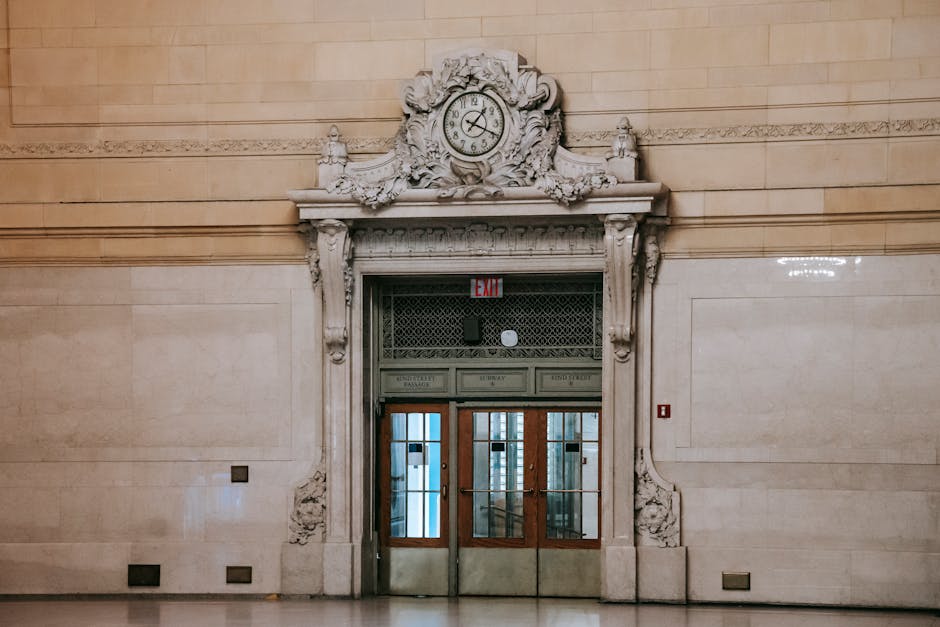New York Mayoral Candidates Clash on Gaza in Heated Televised Debate
In a fiery and highly anticipated televised debate, New York City’s mayoral candidates clashed over the ongoing crisis in Gaza, exposing deep divisions on foreign policy and its impact on the city’s diverse communities. Held on Wednesday evening, the debate featured frontrunners Eric Adams and Curtis Sliwa, alongside other contenders, as they debated New York’s role in global conflicts and the potential repercussions for its residents.
The Gaza conflict, a topic dominating international headlines, became a central issue when moderator Maria Bartiromo questioned whether New York City should take a stance. The discussion ignited a tense exchange, with candidates addressing the humanitarian crisis, the city’s historical ties to Israel, and growing calls for solidarity with Palestinians.
Eric Adams: Balancing Act for a Global City
Brooklyn Borough President Eric Adams, the Democratic nominee and frontrunner, emphasized New York’s role as a global leader while navigating the sensitivities of its diverse population. “New York is a city that stands for justice and human rights,” Adams stated. “What’s happening in Gaza is a humanitarian crisis, and we cannot turn a blind eye. At the same time, we must acknowledge the complex history and the right of Israel to defend itself.”
Adams highlighted the importance of fostering dialogue within the city, particularly among its Jewish and Muslim communities. “We have a responsibility to ensure that the tensions abroad do not spill over into our streets,” he added.
Curtis Sliwa: Unwavering Support for Israel
Curtis Sliwa, the Republican nominee and founder of the Guardian Angels, took a firm pro-Israel stance. “Israel is our greatest ally in the Middle East, and we must stand with them in their fight against terrorism,” Sliwa declared. “New York City has always been a staunch supporter of Israel, and as mayor, I will ensure that continues.”
Sliwa criticized what he called “one-sided narratives” about the conflict, arguing that the media has downplayed the threats faced by Israel. “We cannot let anti-Semitism masquerade as activism,” he said, referencing recent protests in the city that have drawn criticism for alleged anti-Semitic rhetoric.
Other Candidates: Calls for Solidarity with Palestinians
While Adams and Sliwa dominated the debate, other candidates voiced their support for Palestinians. Maya Wiley, a progressive Democrat who narrowly lost to Adams in the primary, accused the frontrunners of ignoring the root causes of the conflict. “This is not just about Israel and Hamas; this is about decades of occupation and oppression,” Wiley said. “New York City must stand on the side of human rights and justice for all.”
Similarly, Dianne Morales, a former nonprofit executive, called for the city to divest from companies complicit in the occupation of Palestinian territories. “Our tax dollars should not be funding human rights violations,” Morales asserted. “As a city, we have the power to take a stand and lead by example.”
Community Reactions: Divided Opinions
The debate has sparked strong reactions across New York’s diverse communities. Jewish leaders praised Sliwa’s support for Israel but raised concerns about rising anti-Semitism. Meanwhile, Muslim and Arab American leaders applauded Wiley and Morales for their solidarity with Palestinians but criticized Adams for what they viewed as a cautious stance.
Activists on both sides have vowed to make the Gaza conflict a key issue in the final weeks of the campaign, with protests and rallies expected to intensify.
The Bigger Picture: Foreign Policy in Local Races
The clash over Gaza highlights the growing role of foreign policy in local elections, especially in cities like New York with large immigrant populations and global influence. As the crisis continues, the candidates’ positions may significantly impact voter sentiment in a city where international issues often resonate deeply.
With the election just weeks away, the Gaza debate has added complexity to an already contentious race. As New Yorkers prepare to cast their votes, the question of how the next mayor will navigate local and global issues has become more critical than ever.
Stay tuned for the latest updates on the mayoral race and its implications for New York City and beyond.




